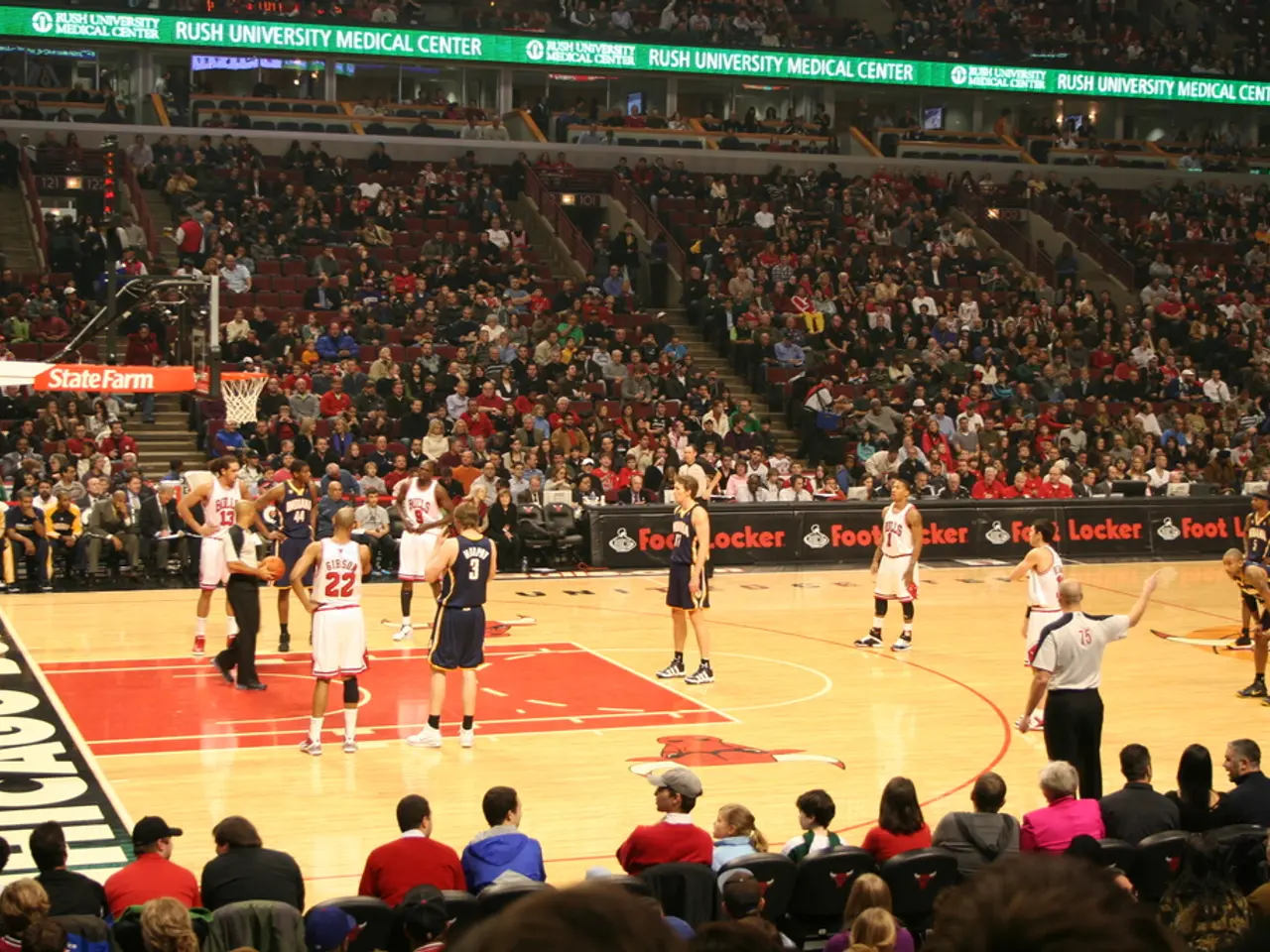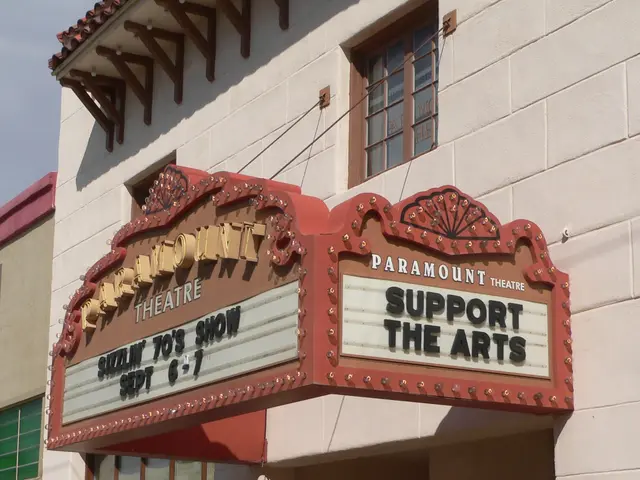Regulating Content on Television
In an unexpected turn of events at the US Open final, the United States Tennis Association (USTA) made a decision to filter out sounds directed at former President Donald Trump during his stadium appearance. This decision, however, has sparked controversy and raised questions about freedom of expression and the role of censorship in sports.
The New York tennis audience, known for its vocal support and dissent, was unlikely to be favourable towards Trump. Yet, the USTA's decision to mute boos aimed at Trump on the Billie Jean King Court, a venue dedicated to a women's and LGBTQ rights activist, has left many puzzled.
The British Guardian described the USTA's move as an "unforced error," as the booing was not audible on television. University professor Gwen D., who recorded a video of the US Open final audience, confirmed that the booing was evident.
The US Open, renowned for its tolerance of loud expressions of opinion and dissent, seems to have taken a different route this year. The USTA stated that the full attention should be on the players, but this decision has cast a shadow over the event.
In the past, the USTA has allowed microphones to remain open during heated moments, such as when Alexander Zverev confronted a fan about his right-wing extremist remarks. However, this time around, both the USTA and ESPN complied with the request to censor reactions to Trump's presence.
The cancellation of Spike Lee's documentary about Colin Kaepernick on ESPN has fuelled speculation. Kaepernick, the quarterback who initiated worldwide athlete protests against racially motivated violence, is a controversial figure in the Trump administration. Could the need to maintain good relations with the administration be a factor in ESPN's decision to censor the boos at the USTA's request?
Despite the censorship, the New York tennis audience made it clear what they thought of Trump, and this couldn't be hidden by TV censorship in the age of social media. Trump, who left the match long before the final point, was aware of the audience's sentiments, as his stadium appearances aim to portray him as a ruler.
The controversy surrounding the US Open final serves as a reminder of the delicate balance between freedom of expression and the commercial interests of sports events. As the world of sports continues to intersect with politics, such incidents are likely to become more frequent.
Read also:
- Peptide YY (PYY): Exploring its Role in Appetite Suppression, Intestinal Health, and Cognitive Links
- Easing Pedestrian Traffic Signal Pressure
- Astral Lore and Celestial Arrangements: Defining Terms & In-Depth Insights - Historical Accounts & Glossary of Cosmic Mythology
- ICE directed to enhance detention conditions following NYC immigrants' allegations of maltreatment








